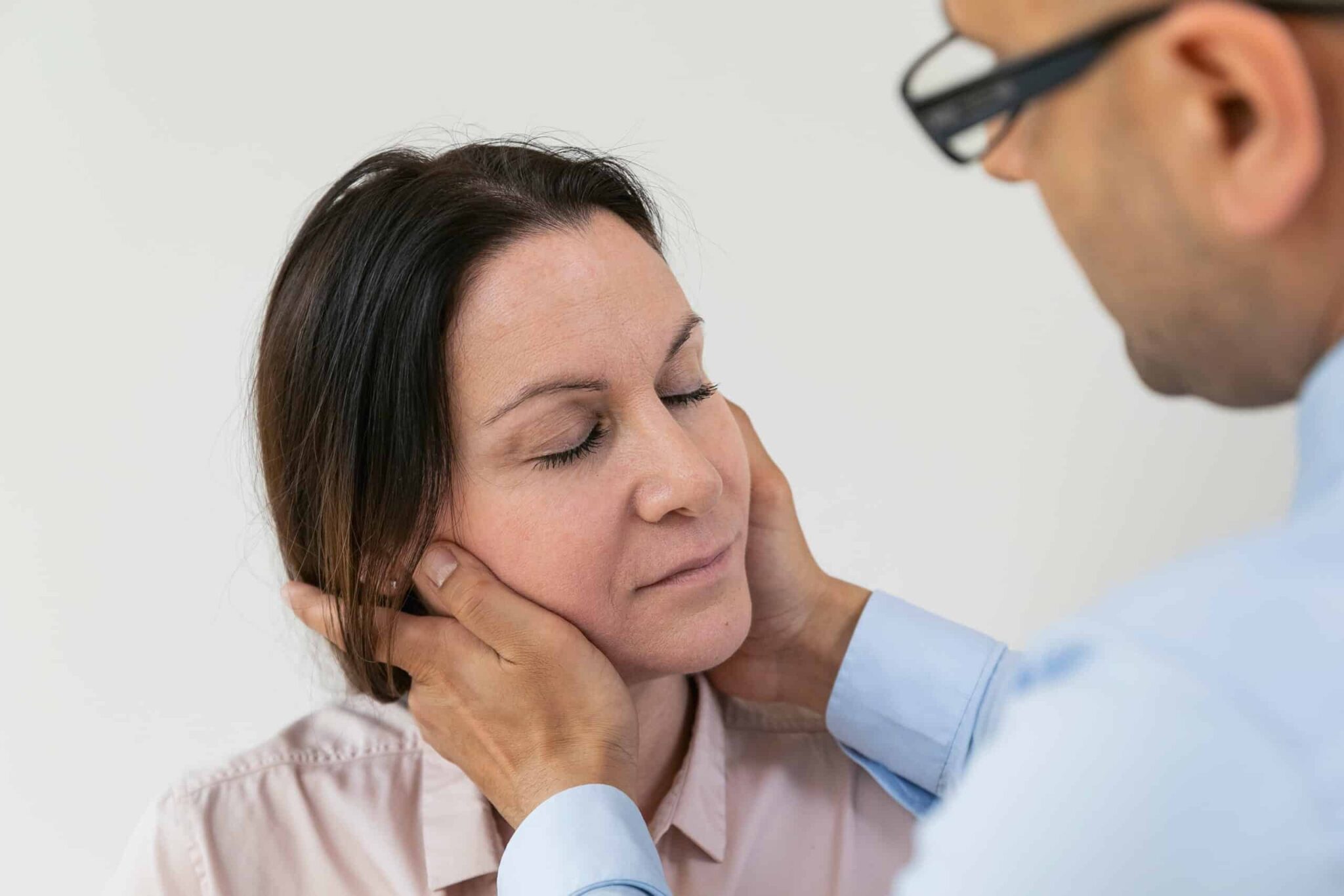What is adrenaline?
Adrenaline is a hormone secreted from the adrenal medulla, which is the innermost part of the adrenal gland, and is released into the bloodstream and affects the sympathetic nervous system. There are two variations, adrenaline and noradrenaline, and are collectively called catecholamines. Noradrenaline is a precursor to adrenaline, but the effect is the same. Adrenaline is also called the fight hormone because it is secreted in dangerous and challenging situations, both physically and mentally.
It makes the body ready for flight or fight, preparing the body to make an extra effort.
What effects does adrenaline have?
The fight hormone prepares for battle by affecting:
- Heart by increasing the pulse and raising blood pressure, to increase the supply of more oxygenated blood and sugar. There is increased blood flow to the heart muscle and the working muscles due to greater opening of the blood vessels as the smooth muscles around the vessels are relaxed. The heart beats more forcefully and faster.
- Lungs where the bronchi expand, which are small air tubes that carry air all the way down into the lungs to increase oxygen in the blood. Relaxation of smooth muscle also works in the airways and this creates increased oxygen consumption.
- Muscles are boosted with energy in the form of sugar and oxygen via the blood, making them stronger and faster. Sugar is released from the liver along with fat to muscles, allowing them to perform better and help them cope with physical challenges.
- Digestion is affected by reduced blood flow to the intestines and non-working muscles. This is so that the body does not spend unnecessary energy on digestion, for example if you have to flee.
These are beneficial effects in a dangerous or challenging situation. However, it also has some negative effects if you don’t relax again and are in constant stress. You risk heart and circulatory problems, increased metabolism, high blood pressure, kidney damage, obesity, weight loss and more.
The body is only able to handle short adrenaline kicks.
How and when is adrenaline used medically?
Adrenaline is used as a treatment in emergency situations, such as:
Cardiac arrest. Adrenaline’s effect on the heart is used to treat cardiac arrest. It works by causing the heart to beat faster and more forcefully and pump properly again.
Severe allergic reactions, also called anaphylactic shock. In some allergic reactions, the throat and mouth swell up, making it impossible to breathe. Here, adrenaline works by causing the small blood vessels in the mouth and throat to contract, so the swelling disappears and you can breathe again.
Asthma. Adrenaline can be used to treat severe asthma attacks because it dilates the bronchi and makes breathing easier.
Osteopathy and adrenaline
The osteopath cannot influence the secretion of adrenaline. However, an osteopath can indirectly treat and relax the body’s nervous system, which we often experience has a very positive effect on the stress system, which is the system that secretes the hormone into the bloodstream.



